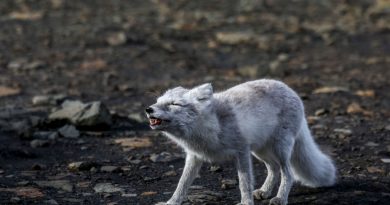Vast majority of homeless in Northern Canadian city are Indigenous: survey
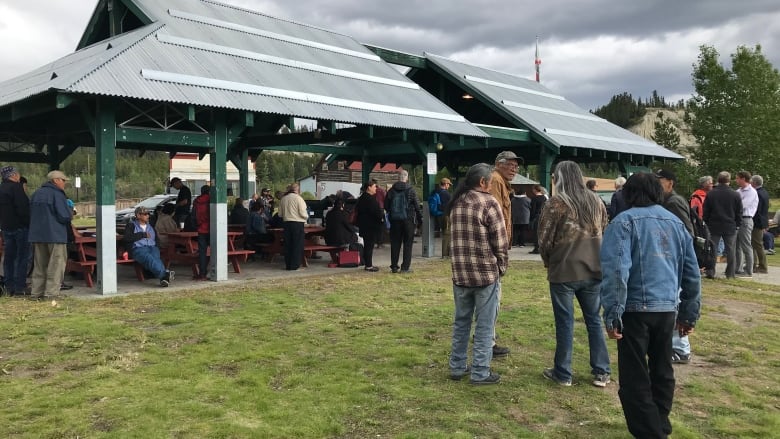
Results from a survey suggest that the vast majority of those who are homeless or “provisionally accommodated” in the city of Whitehorse, Yukon (northwest Canada) are Indigenous.
The “Point in Time,” or “PiT” count was done over a 24-hour period on April 17. It was organized by the Yukon Planning Group on Homelessness, along with the Yukon Anti-Poverty Coalition and the Council of Yukon First Nations.
It was the second PiT count in Whitehorse (the first was in 2016), and is part of a larger initiative to measure homelessness across Canada. Sixty communities across the country are taking part in PiT counts.
Nearly 200 homeless
The PiT count is funded by the federal government.
Fifty-two trained volunteers and front-line workers conducted surveys around Whitehorse streets and through support services and institutions. They found 195 people who could be considered homeless.
According to Kate Mechan, who is with the Yukon Anti-Poverty Coalition and co-ordinated the PiT count, 82 per cent of those counted identified as Indigenous.
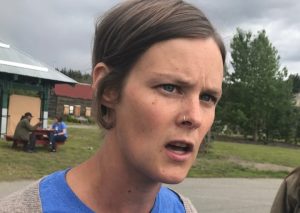
“That’s just mind-blowing if you do the math on that, and it’s unacceptable in a community this strong. And we have strong leadership from Kwanlin Dun [First Nation] and from Ta’an [Kwach’an Council], through the ‘Safe at Home’ plan, to change that,” Mechan said.
“But we need to flip the coin, and First Nations can’t just be stakeholders. They just can’t be token-ized partners at the table.”
Mechan says First Nations know the solutions they need in their own community, and it’s up to everybody to listen.
Kristina Craig, executive director of Yukon Anti-Poverty Coalition, agrees.
“That’s really a telling statement about our society, that First Nations people, in their own homeland, are finding themselves homeless,” said Craig.
This year’s PiT count found 28 people who were “unsheltered” on the night of April 17.
“That means they were sleeping rough, more or less,” said Mechan.
Another 33 were staying in an emergency shelter, and 134 were considered “provisionally accommodated.”
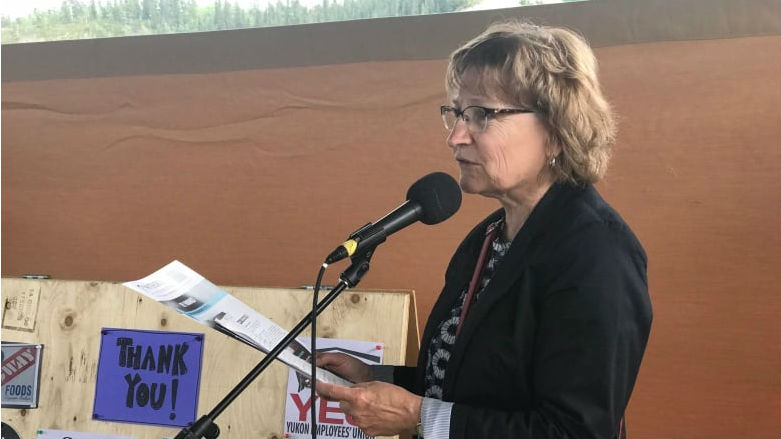
“That means no security of tenure, a real uncertainty of where they might be from day to day,” Mechan said.
She hopes the count’s results help improve the response to homelessness in the territory.
–10 °C during the count
The last PiT count, in April 2016, found 256 people either homeless or at risk of homelessness.
Mechan says the conditions were much different this year, with colder weather.
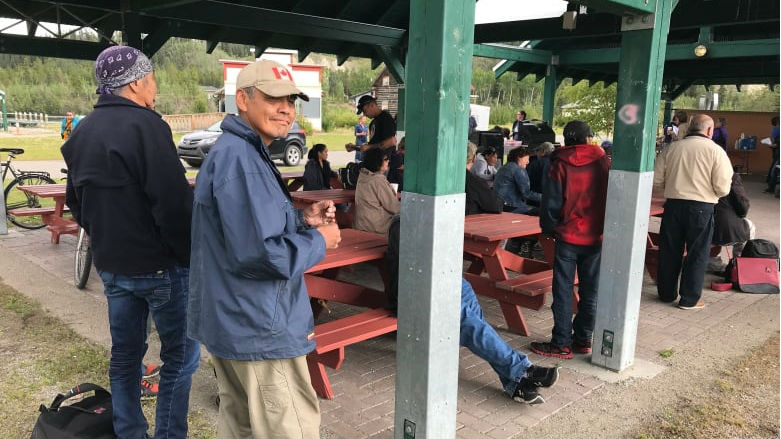
“The weather was night and day. The weather in 2016 was beautiful and warm, and this year it was –10 °C. So that is really going to have an impact, for example on your unsheltered numbers, and the way people are moving around the city to stay warm at night,” she said.
Organizers of the PiT count say it’s a good way to measure homelessness, but it can’t give a complete picture of the complexities of the issue.
Related stories from around the North:
Canada: Non-Inuit staff at shelters lack cultural sensitivity, say homeless women in Arctic Canadian town, CBC News
Finland: Finland takes thousands off streets by giving homes to homeless, YLE News
Sweden: Cold brings record numbers to Stockholm homeless shelter, Radio Sweden
United States: Alaska shelter helps homeless promptly find work, home and stability, Alaska Public Media

